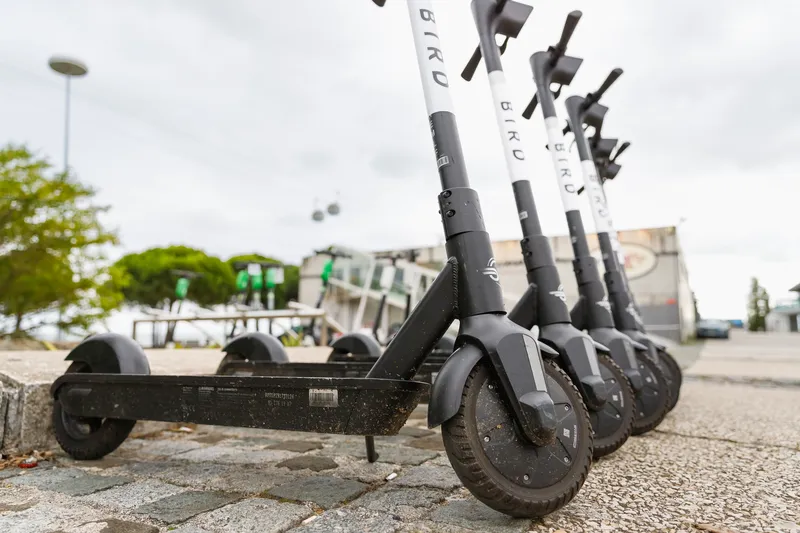
Instead, they will be responsible for the remote-control driving of Einride’s electric driverless transportation pods – thereby creating “a new category of jobs”.
The company says the ‘remote’ driver will push its partnership with Coca-Cola – in which it will operate a driverless transport pilot in the Stockholm area for the drinks giant – one step closer to fruition.
Commercial activity is expected to begin in the third quarter of the year. The driver – a former truck driver – will be expected to work closely with Einride’s technology team to provide feedback and “help shape the working environment of tomorrow’s truckers”.
The idea is that drivers will be able to monitor multiple vehicles and remotely control them – perhaps up to 10 at a time - in tricky traffic conditions.
The firm says: “The next steps will involve the transitioning of additional on-road truck drivers to remote autonomous truck operators.”
It believes that, with the more widespread implementation of SAE level 4 self-driving technology, “trucking will change fundamentally”.
“Today, our autonomous pods are operated by developers – robot engineers trained to drive trucks,” said Robert Falck, founder, and CEO of Einride.
“A commercially scalable solution must rely on truck drivers, trained to remote-operate robots. The ins-and-outs of that future is what we’re investigating now, by involving truck drivers in the process.”
Einride suggests that there is an existing shortfall in truck drivers, and that growing the autonomous truck sector therefore makes sense – both economically and in terms of emissions.
The company says that driverless trucks will reduce CO2 emissions by 90% as well as lowering fuel, transport and operating costs.









